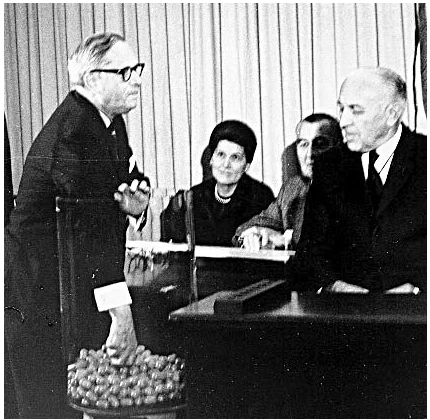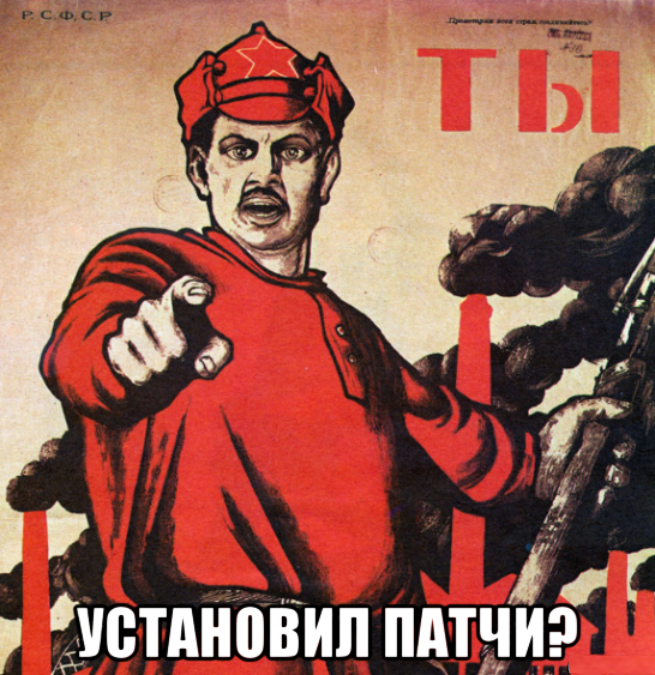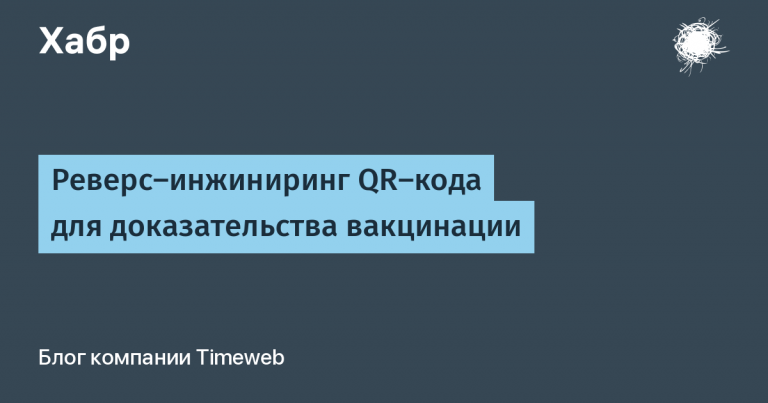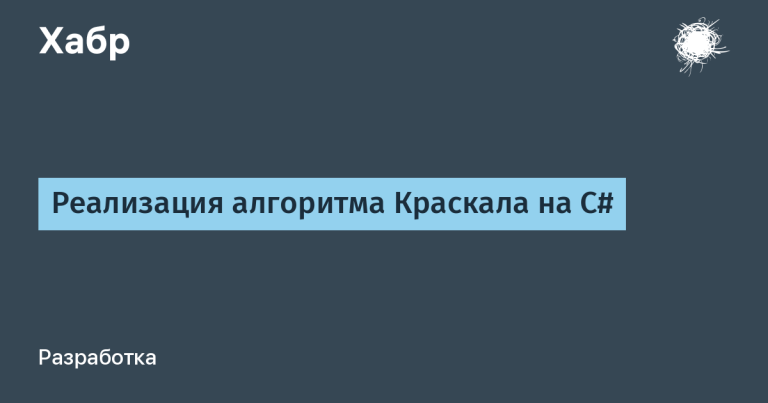How US financial authorities limit the negative impact of the game on the decline

By opinion Jay Clayton, chairman of the SEC’s Securities and Exchange Commission, the downgrade game — that is, betting on the fall in the price of a particular stock or asset — is necessary to “maintain normal stock trading.”
However, the US financial authorities recently introduced changes to the functioning of this trading method in order to reduce the market volatility that it can cause.
What is a slide game
Investors who anticipate a fall in the price of a certain asset and even make money on it use short selling tactics. Such transactions involve the sale of shares in order to “buy back” them later at a fallen price. But selling their own shares in such a scheme is unprofitable, so traders borrow shares for a short sale from a broker, and upon completion of the strategy they return them, leaving a profit for themselves.
This situation is a special case. margin tradingwhen a trader takes out money or stock on credit. We wrote about margin trading here.
How does it work
The SEC has replaced the uptick rule, according to which short sales should always take place at a higher price than the previous deal. Investors who use a fall tactic tend to sell stocks when they are expensive, and sell when they become cheaper. This behavior may push asset prices down.
Uptick Rule. Rule reduces the cumulative effect when a large number of investors in the market begin to play against falling shares. The original rule was introduced in 1938, it implies that the price in the short sale order should be higher than the current offer in the stock exchange. Thus, the price rises a little, which means that the decline is not so fast.
The control of this rule is automated, in 2010 changes were made to it. The new rule (Rule 201) allows investors to exit long positions before short sales begin. The rule is activated when the share price drops by at least 10% in one day for two trading days. At this point, short sales are permitted if the bid price is higher than the current best offer. Thus, the fall in price slows down.
Marketplaces are required to monitor the performance of Uptick Rule and to prevent the display of offers for short sales that do not meet the parameters. That is, if in the situation of falling stocks described above, the supply and demand spread is $ 49 / $ 50, you can’t make a short sale at a price of $ 49.
Not all support restrictions.
There are also supporters of Uptick Rule cancellation in the US market who insist on the archaic rule. The arguments of the opponents boil down to the fact that the abolition of the rule would facilitate more active trade, which would bring greater liquidity to the market. Traders could save resources on short sales – they would not need to artificially raise prices in their bids.
However, financial authorities are not going to abolish the rule – according to SEC chairman Clayton, market stability as a whole is more important than advantages for its individual participants.
Read reviews, market analytics and investment ideas in Telegram channel ITI Capital





